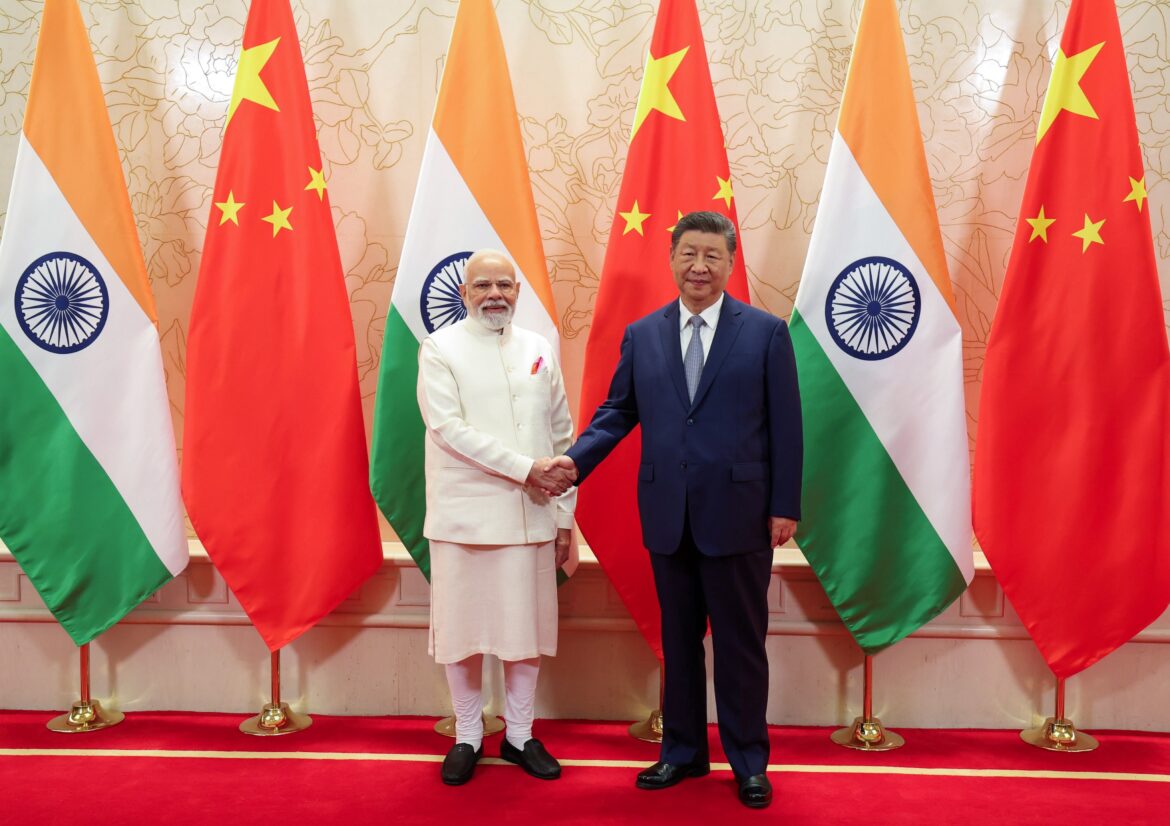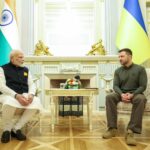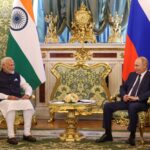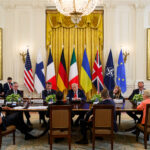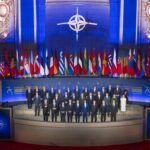Much of the world was in awe of the events in Tianjin at the Shanghai Cooperation Organisation (SCO) summit and the extensive military parade in Beijing marking the 80th anniversary of the end of the Second World War. On the one hand, analysts wondered if the framework of a new world order was indeed taking shape in the aftermath of the meeting of leaders of China, Russia, and India; on the other hand, even Western thinkers and military strategists seemed convinced that the Trump administration had squandered a valuable friend in India and, by extension, in the Indo-Pacific.
At a summit of this sort in Tianjin, bilateral meetings received their share of attention and importance. In the current context of India, Russia, and China, one of the major topics of discussion would undoubtedly have been the implications of the American tariffs globally, individually, and in collective measures to offset the negatives. In more ways than one, tariffs have gone a long way toward reshaping bilateral relations, even if it may be too early to have the last word on the subject. But for Russian President Vladimir Putin, Tianjin and Beijing were opportunities to share his views with leaders and international media on the conflict with Ukraine, a conflict of his own making and now in its fourth year.
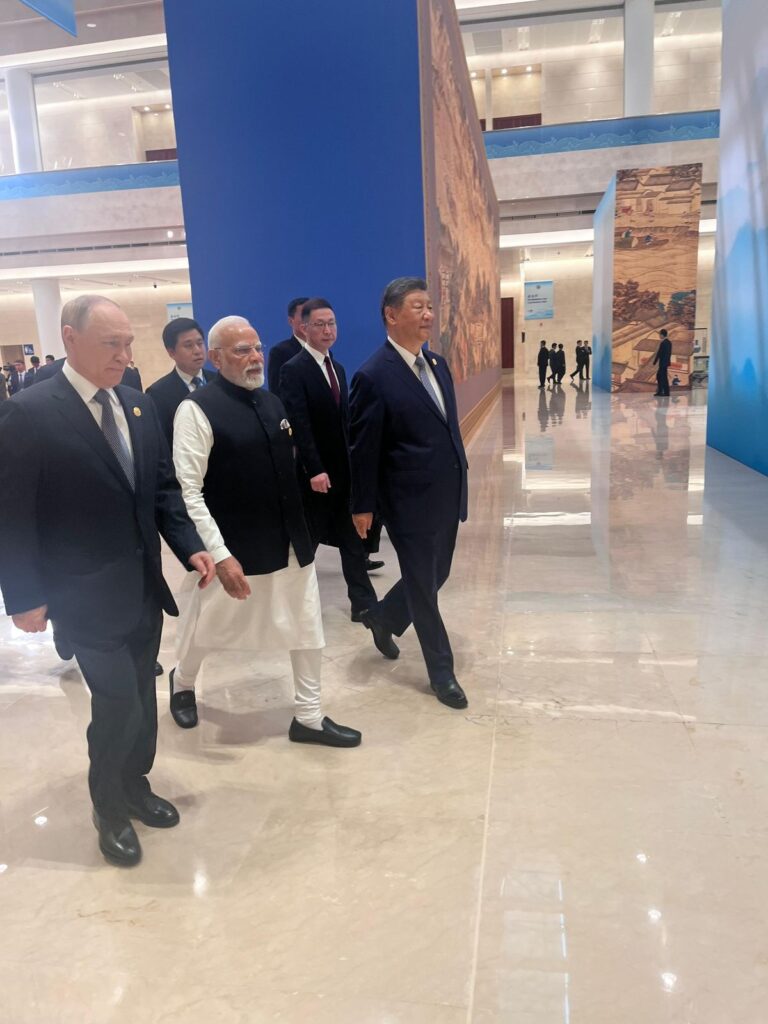
“It seems to me that if common sense prevails, it will be possible to agree on an acceptable solution to end this conflict,” the Russian leader said, going on to add, “Especially since we can see the mood of the current US administration under President Trump, and we see not just their statements, but their sincere desire to find this solution.”
But with that small dose of optimism came a rather blunt warning. “And I think there is a certain light at the end of the tunnel. Let’s see how the situation develops. If not, then we will have to resolve all the tasks before us by force of arms,” he said. President Putin extended an invitation to Ukrainian President Volodymyr Zelensky to visit Moscow for peace talks, an idea that was not accepted, as expected. President Putin repeated what he and his senior officials have been saying for a long time: Russian claims in the Donbas region and Kyiv abandoning all NATO aspirations, to mention two.
Just when the Russian leader saw a “certain light” at the end of the tunnel came Thursday’s meeting in Paris of top European leaders with President Zelensky in attendance; one of the topics of discussion was security guarantees for Kyiv. Western boots on the ground in Ukraine is something Moscow has long opposed, and that was reiterated in the aftermath of the European summit.
“Russia does not intend to discuss unacceptable foreign intervention in Ukraine in any form whatsoever. Western war instigators view Ukraine as a testing ground for their military developments,” the Foreign Ministry said in a statement, also making the point that the protections under discussion “are not security guarantees for Ukraine, they are guarantees of threat to the European continent.”
According to French President Emmanuel Macron, some 26 countries—that were not named—would deploy to Ukraine, modifying this later by saying that some would provide guarantees by staying outside Ukraine through training and equipping. Germany, according to one media report, said that military commitment would be decided only when conditions were clear, including the nature of American involvement.
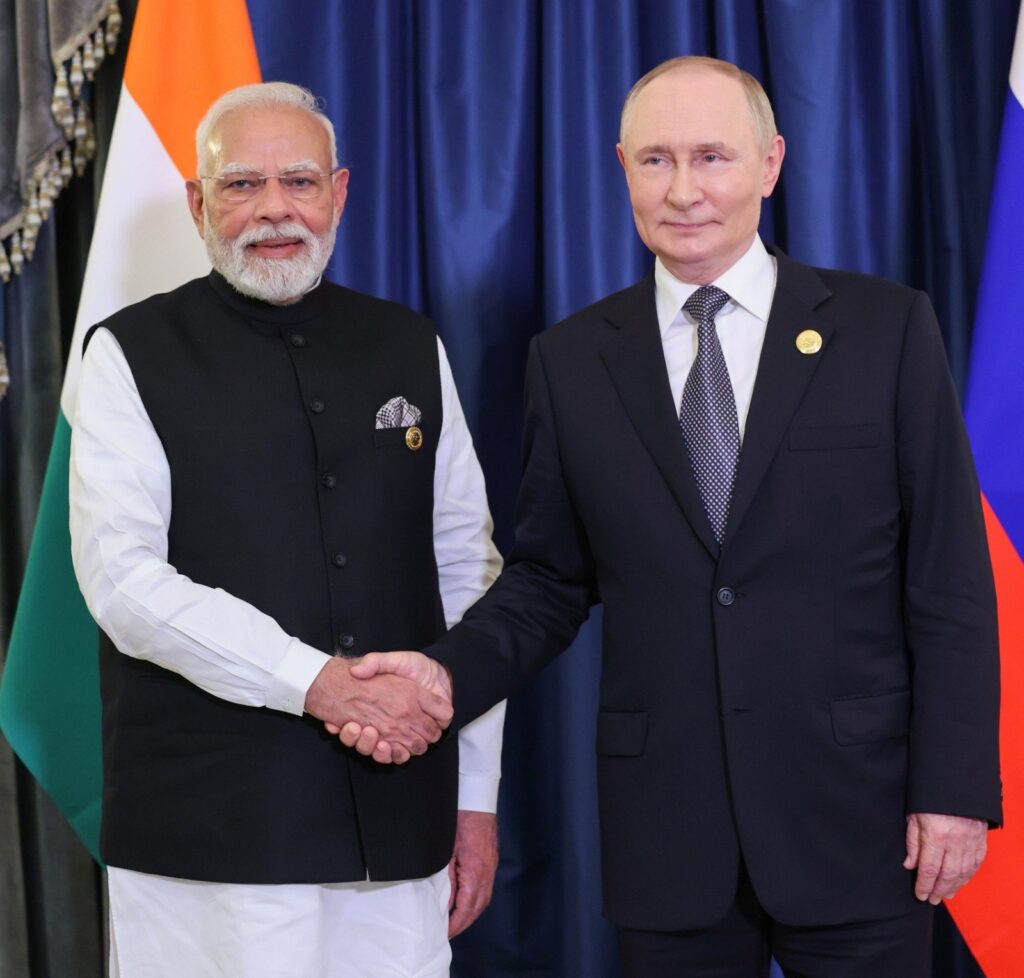
The bottom line is still fuzzy as to what Europe would be willing to commit, after which only Washington would be able to finalize its nature of involvement. President Donald Trump has generally been averse to American boots on foreign soil and has said so on more than one occasion.
In 1991, the United States under President George H.W. Bush put forth a Coalition of the Willing to throw Saddam Hussein out of Kuwait; in 2003, President George W. Bush assembled his Coalition of the (Un)Willing where many nations were brought in kicking and screaming through promises and threats; and now President Macron’s so-called Coalition, of which even many in Europe are not sure of the members. Kyiv feels justified in seeking land, air, and sea defenses to ward off future threats, especially guarantees from the United States.
Washington and European capitals are quite familiar with what President Putin is allergic to and something that he has been saying since he entered the Kremlin. It is not merely NATO missiles by way of Ukraine entering that organization, but also anything European near Russia’s borders.
The late Pope Francis apparently once referred to a foreign leader telling him that NATO’s barking at Russia’s door was partly to blame for the invasion of Ukraine. Seeing it differently now, President Putin will still consider barking on his front door by the Coalition of the 26 or whatever number threatening, however tightly the leashes may be held.
Disclaimer: The opinions and views expressed in this article/column are those of the author(s) and do not necessarily reflect the views or positions of South Asian Herald.


